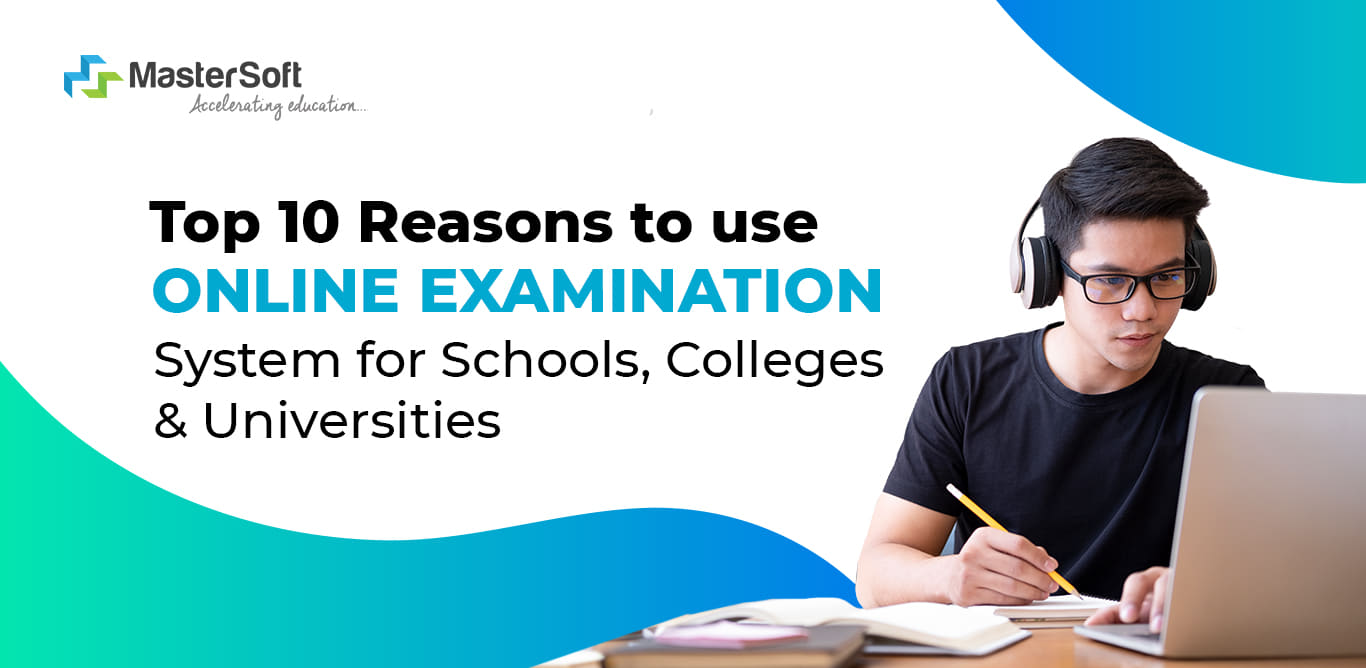In today’s digital era, education has evolved beyond traditional classrooms, and understanding Online College Exam Information has become essential for students pursuing higher education remotely. Online learning offers flexibility and accessibility, but it also requires students to adapt to new systems of testing and evaluation. Knowing how online exams work, the tools used, and the strategies for success can make a significant difference in performance and confidence. This article provides a comprehensive look at online college exam information, helping students prepare effectively for academic success.

The first step in understanding online college exam information is recognizing the different types of exams conducted in virtual learning environments. Most colleges use a combination of multiple-choice tests, essay-based assessments, open-book exams, and timed quizzes. Each format requires specific preparation strategies. Multiple-choice tests focus on accuracy and speed, while essay-based exams assess critical thinking and writing skills. Students must familiarize themselves with the online platforms used by their institutions to ensure smooth participation. Having complete and accurate online college exam information about exam formats and software can prevent unnecessary stress during the testing period.
One of the most crucial aspects of online college exam information is understanding the technology involved. Exams are often hosted on learning management systems such as Canvas, Blackboard, or Moodle, and may include proctoring software to ensure academic integrity. Students should check their internet connectivity, device compatibility, and software requirements well before the exam. Some systems may require downloading secure browsers or enabling webcams and microphones. Knowing this technical online college exam information ahead of time can help students avoid last-minute technical problems that could disrupt their performance.
Equally important in the context of online college exam information is the issue of academic honesty and integrity. Colleges use advanced tools to detect plagiarism, screen sharing, and other forms of cheating. Remote proctoring software monitors student activity through webcams, microphones, and screen recordings. Understanding these rules helps students maintain ethical conduct during exams. Institutions often provide guidelines about acceptable behavior, and students should carefully review all provided online college exam information to avoid violations that could result in disciplinary action.
Preparation strategies also play a vital role in mastering online college exam information. Since online exams may be open-book or open-note, many students mistakenly assume that minimal study is required. However, these exams are often designed to test comprehension and application rather than memorization. Students should organize study materials, practice typing responses quickly, and simulate exam conditions to build confidence. Reviewing practice tests and sample questions provided as part of online college exam information can help identify weak areas and improve time management.
Time management is another critical element included in online college exam information. Timed exams require students to allocate specific minutes to each question and avoid spending too much time on difficult items. Setting alarms or using on-screen timers can help maintain focus. Many learning platforms automatically submit exams once time expires, so students must keep track of progress throughout the test. Familiarity with time limits and submission procedures is an essential component of online college exam information that ensures a smooth testing experience.
Communication with instructors is often highlighted in official online college exam information. If students face technical difficulties or have questions about exam instructions, they should contact their professors or technical support teams immediately. Most colleges have clear policies for reporting problems and may offer makeup exams under verified circumstances. Understanding these communication channels beforehand allows students to resolve issues efficiently. Keeping a record of instructor contact information and exam policies is a smart way to stay prepared, as recommended in all online college exam information materials.
Another vital aspect of online college exam information is the security of personal data and exam integrity. Students should use secure internet connections and avoid public Wi-Fi during exams. Colleges implement encrypted systems to protect exam content and student information, but students should also take responsibility for their cybersecurity. Saving passwords securely, logging out after exams, and avoiding unauthorized websites during tests are all best practices. This attention to detail, emphasized in many online college exam information guides, helps ensure both privacy and fairness.
Finally, reviewing results and feedback is a key part of the learning process and is often included in online college exam information. Many online platforms allow students to see their grades immediately after submission, while others provide detailed reports later. Reviewing errors and instructor comments can help identify areas for improvement. Students should keep records of their performance and use this online college exam information to refine study habits for future assessments. Regular review and reflection are essential for long-term academic growth in the online learning environment.
In conclusion, understanding online college exam information is essential for success in modern education. From technical preparation and academic integrity to time management and feedback review, every aspect contributes to a smoother and more confident exam experience. As more institutions shift toward digital learning, students who take the time to study online college exam information will gain a clear advantage. Being well-prepared, technologically aware, and ethically responsible not only ensures good grades but also fosters a sense of independence and discipline that benefits learners far beyond their college years.
